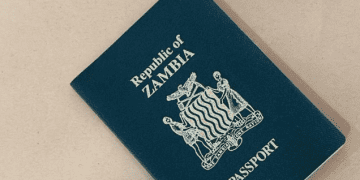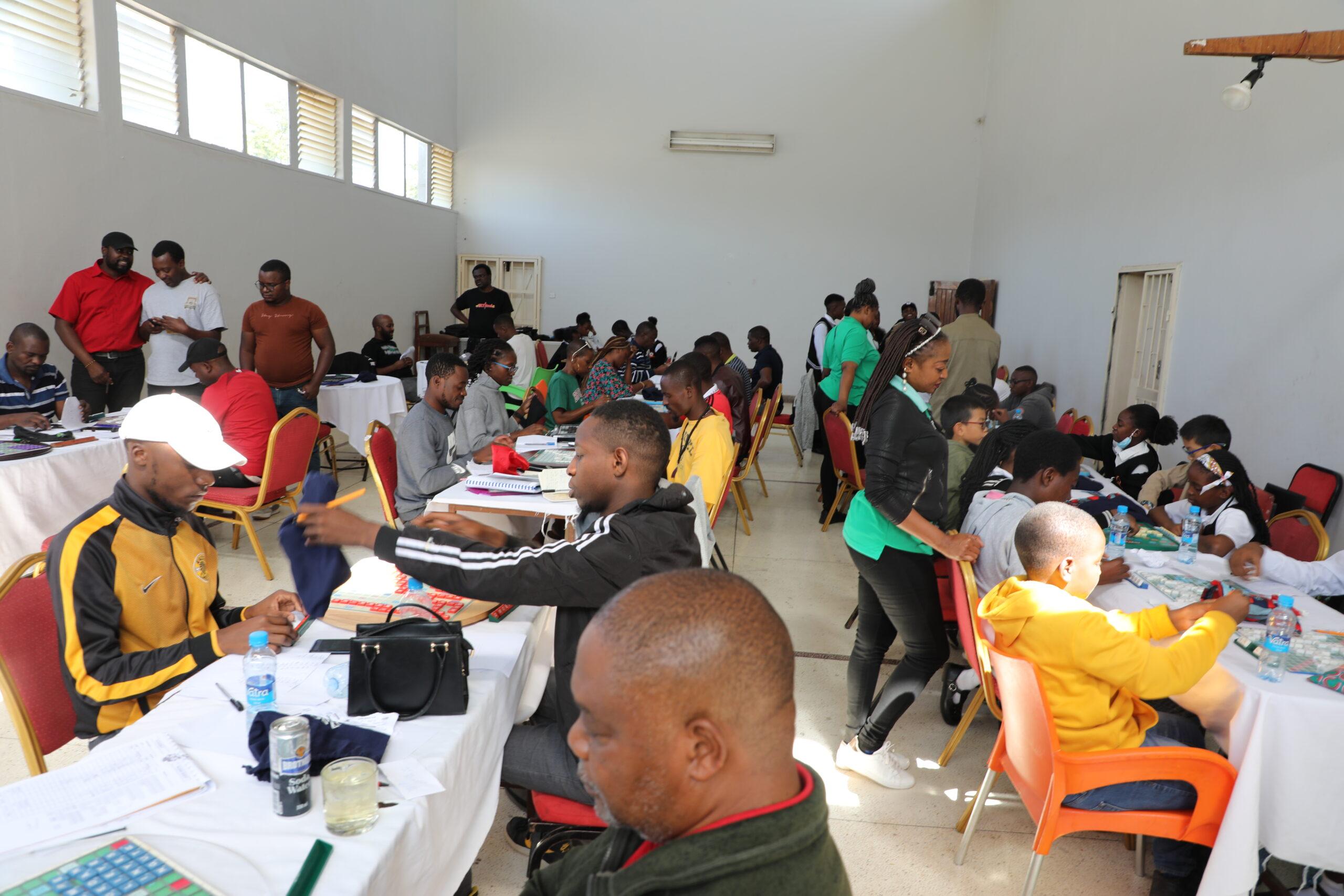Barosteland, a former kingdom in present-day Zambia, holds a significant place in the country’s history. The nation’s demise in the early ’60s left a lasting impact on its people and the region as a whole. The legacy of Barosteland is a reflection of the complex political and cultural dynamics that continue to shape Zambia today. As a highly skilled Expert in content writing and digital marketing, I have had the opportunity to explore this topic in-depth. In this article, I will delve into the history of Barosteland, the events that led to its demise, and the lasting impact it has had on Zambia and its people. From the economic and political repercussions of the region’s loss of autonomy to the cultural identity of the Lozi people, we will examine the significance of Barosteland’s legacy and the lessons we can learn from it. Join me on this journey as we explore the fascinating history of Barosteland and its impact on the African continent.
Barosteland was a pre-colonial kingdom founded by the Lozi people in the 17th century. The kingdom was located in what is now western Zambia, covering an area of about 126,000 square kilometers. The Lozi people had their own governance system, which was different from the rest of Zambia. The king of Barotseland, known as the Litunga, was the head of state and had significant autonomy over the region. The Lozi people had a strong sense of identity and culture, which was reflected in their traditional ceremonies and customs.
In the late 19th century, Barosteland was invaded by the British, who sought to colonize the region. In 1890, the British South Africa Company signed a treaty with the Litunga, which gave them control over the region. Barosteland became a protectorate of the British Empire in 1900 and was later incorporated into Northern Rhodesia, which became Zambia after independence in 1964.
The demise of Barosteland was a result of complex political and economic dynamics. One of the main reasons for the kingdom’s demise was the struggle for independence in Zambia. In the 1950s, Zambia was part of the Federation of Rhodesia and Nyasaland, which was dominated by white settlers. The Lozi people, who made up the majority of Barosteland’s population, felt marginalized and excluded from the federation’s decision-making processes.
In 1958, the Barotse National Council (BNC) was formed, which demanded greater autonomy for Barosteland. The BNC called for the region to have its own government and control over its resources. The demand for autonomy was met with resistance from the Zambian government, which saw it as a threat to the country’s unity. In 1964, the Zambian government unilaterally abolished the Barotseland Agreement, which had given the region autonomy and control over its resources. This led to the demise of Barosteland and the loss of the Lozi people’s cultural identity.
The demise of Barosteland had a profound impact on the Lozi people and the region as a whole. The loss of autonomy and control over resources had significant economic, political, and cultural repercussions. The Lozi people felt marginalized and excluded from the Zambian government’s decision-making processes, which led to a sense of disenfranchisement and frustration.
The demise of Barosteland had a significant impact on the region’s economy. The Lozi people had control over their resources, such as land and water, which were essential for their livelihoods. The loss of autonomy and control over resources led to a decline in the region’s economic development. The Lozi people were unable to fully exploit their resources, which resulted in poverty and unemployment.
The demise of Barosteland also had an impact on the Zambian economy. Barosteland was a significant contributor to Zambia’s economy, with its rich mineral resources and agricultural products. The loss of Barosteland’s resources led to a decline in the country’s economy, which had a ripple effect on the region as a whole.
The demise of Barosteland had significant political repercussions. The Lozi people felt excluded from the Zambian government’s decision-making processes, which led to a sense of disenfranchisement and frustration. The loss of autonomy and control over resources also led to a decline in the region’s political power. The Lozi people were unable to fully participate in the country’s political system, which resulted in a lack of representation and influence.
The demise of Barosteland had a profound impact on the region’s cultural identity. The Lozi people had a strong sense of culture and tradition, which was reflected in their traditional ceremonies and customs. The loss of autonomy and control over resources led to a decline in the region’s cultural identity. The Lozi people felt that their culture was being eroded, which led to a sense of loss and nostalgia.
The demise of Barosteland holds valuable lessons for Zambia and the African continent. One of the main lessons is the importance of respecting the autonomy and identity of different regions and communities. The Lozi people had their own governance system, which gave them a sense of autonomy and identity. The loss of autonomy and control over resources had significant economic, political, and cultural repercussions.
Another lesson is the importance of inclusive decision-making processes. The Lozi people felt excluded from the Zambian government’s decision-making processes, which led to a sense of disenfranchisement and frustration. Inclusive decision-making processes can help to ensure that all communities and regions feel represented and heard.
Efforts to restore Barosteland’s independence have been ongoing for decades. The Barotse National Council has continued to advocate for greater autonomy for the region. In 2012, the council declared Barosteland’s independence, which led to a crackdown by the Zambian government. The issue of Barosteland’s autonomy and independence remains a contentious issue in Zambia.
The demise of Barosteland has had a lasting impact on Zambia and its people. The loss of autonomy and control over resources had significant economic, political, and cultural repercussions. The legacy of Barosteland is a reflection of the complex political and cultural dynamics that continue to shape Zambia today. The lessons learned from the demise of Barosteland can help to ensure that all regions and communities feel represented and included in decision-making processes. The issue of Barosteland’s autonomy and independence remains a contentious issue in Zambia, highlighting the need for greater dialogue and understanding.

















